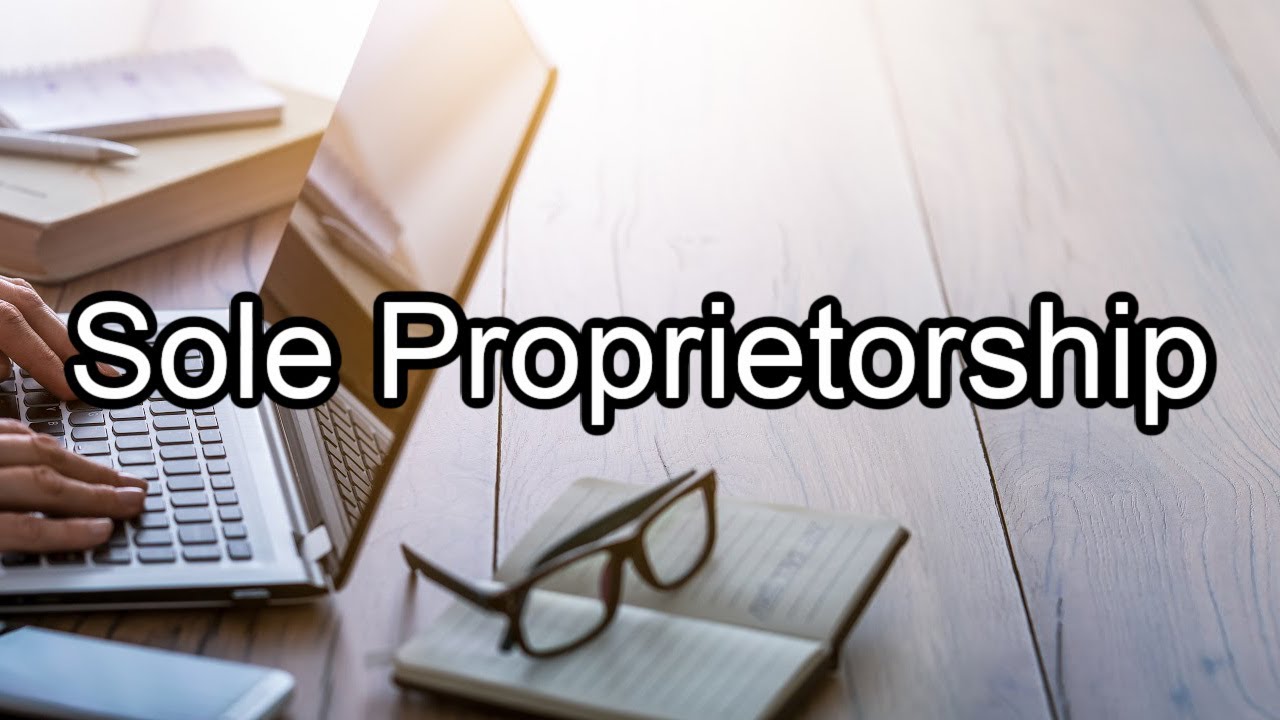As a sole proprietor, you wear many hats. You’re the CEO, the CFO, the marketing director, and the customer service representative all rolled into one. You’re also the one who’s ultimately responsible for the success or failure of your business. That’s why it’s so important to have the right insurance coverage in place. Sole proprietor insurance can help protect you from financial losses due to unexpected events, such as a lawsuit, a natural disaster, or a cyberattack. It can also help you meet your legal obligations, such as workers’ compensation insurance.
Contents
Understanding Sole Proprietor Insurance
What is Sole Proprietor Insurance?
Sole proprietor insurance is a type of business insurance that is designed specifically for businesses that are owned and operated by a single individual. It can include a variety of different coverages, such as general liability insurance, professional liability insurance, property insurance, and business interruption insurance. The specific coverages that you need will depend on the type of business you operate and the risks you face.
Why is Sole Proprietor Insurance Important?
Sole proprietor insurance is important because it can help protect you from financial losses that could put your business at risk. Without insurance, you could be personally liable for any damages or injuries that occur as a result of your business operations. This could include everything from a customer slipping and falling on your property to a product you sell causing harm to someone. In addition to protecting you from financial losses, sole proprietor insurance can also help you meet your legal obligations. For example, if you have employees, you are required to have workers’ compensation insurance.
Types of Sole Proprietor Insurance
There are a variety of different types of sole proprietor insurance available. Some of the most common types include:
- General liability insurance: This type of insurance protects you from financial losses due to claims of bodily injury, property damage, or personal and advertising injury. It can also help cover the cost of legal defense if you are sued.
- Professional liability insurance: This type of insurance protects you from financial losses due to claims of negligence or errors and omissions in the performance of your professional services. It is also known as errors and omissions (E&O) insurance.
- Property insurance: This type of insurance protects your business property, such as your building, equipment, and inventory, from damage or loss due to fire, theft, vandalism, or other covered perils.
- Business interruption insurance: This type of insurance helps cover your lost income and expenses if your business is forced to close temporarily due to a covered event, such as a fire or a natural disaster.
- Workers’ compensation insurance: This type of insurance is required by law in most states if you have employees. It helps cover the cost of medical expenses and lost wages for employees who are injured on the job.
- Cyber liability insurance: This type of insurance protects you from financial losses due to cyberattacks, such as data breaches, ransomware attacks, and denial-of-service attacks.
- Commercial auto insurance: This type of insurance is required by law if you use your vehicle for business purposes. It helps cover the cost of damages to your vehicle and other property, as well as injuries to yourself and others, in the event of an accident.
Choosing the Right Sole Proprietor Insurance
When choosing sole proprietor insurance, it is important to consider the following factors:
- The type of business you operate: The type of business you operate will affect the types of risks you face and the types of insurance coverage you need. For example, if you operate a home-based business, you may not need as much property insurance as a business that operates out of a commercial building.
- The size of your business: The size of your business will also affect the types of insurance coverage you need. For example, if you have employees, you will need to have workers’ compensation insurance.
- Your budget: Sole proprietor insurance can be expensive, so it is important to choose a policy that fits your budget. However, it is also important to make sure that you have enough coverage to protect your business from financial losses.
- Your insurance provider: It is important to choose an insurance provider that is reputable and has a good track record of customer service. You should also compare quotes from several different providers before making a decision.
Tips for Sole Proprietors
In addition to having the right sole proprietor insurance, there are a few other things you can do to protect your business:
- Create a business plan: A business plan can help you identify and assess the risks your business faces. It can also help you develop strategies for mitigating those risks.
- Implement risk management practices: There are a number of risk management practices you can implement to help reduce the likelihood of a loss. These practices can include things like having a safety program in place, conducting background checks on employees, and using secure passwords and software.
- Review your insurance coverage regularly: Your insurance needs can change over time, so it is important to review your coverage regularly to make sure it is still adequate. You should also review your coverage whenever you make any significant changes to your business, such as hiring new employees or expanding your operations.
Conclusion
Sole proprietor insurance is an essential part of protecting your business and your future. By having the right coverage in place, you can help ensure that your business is able to withstand unexpected events and continue to thrive.
Read More: Navigating Small Business Health Insurance in Las Vegas







